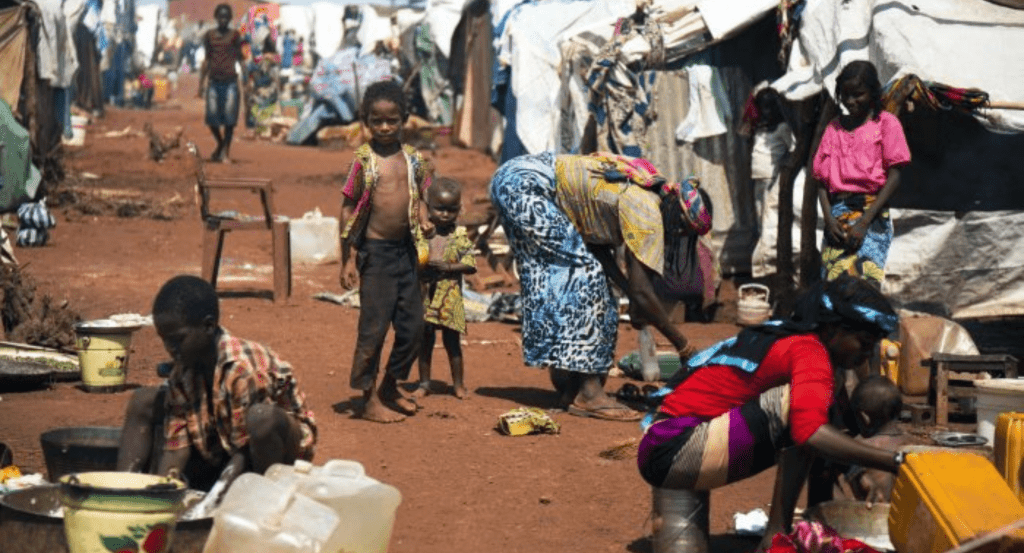The Nigerian government, in collaboration with the United Nations High Commissioner for Refugees (UNHCR), has begun reviewing plans for the repatriation of over 400,000 Nigerian refugees currently residing in Chad, Niger, and Cameroon. The initiative comes as humanitarian agencies express concerns over the safety, reintegration, and long-term welfare of returnees.
Most of these refugees fled Nigeria due to insurgency, particularly in the northeastern region affected by Boko Haram and other security challenges. Many have spent years in refugee camps, relying on humanitarian aid for survival. With the relative improvement in security in some areas, the federal government, alongside international partners, is working on a phased repatriation process to facilitate their return.
Officials from the Nigerian government and UNHCR recently held discussions to evaluate the logistics, security measures, and reintegration strategies required for the repatriation. The process involves coordinating with host countries, ensuring safe passage, and providing necessary support for refugees upon their return. However, humanitarian groups have warned that many areas in Nigeria remain unstable, raising concerns about whether the returnees will have access to basic needs such as shelter, healthcare, and employment.
The National Commission for Refugees, Migrants, and Internally Displaced Persons has assured that adequate measures are being put in place to support returnees. These include resettlement programs, vocational training, and access to social services. The commission also emphasized that repatriation would be voluntary, in line with international humanitarian standards.
Despite these assurances, challenges persist. The ongoing insecurity in some parts of Borno, Yobe, and Adamawa states—where many of the refugees originate—raises fears about their safety upon return. Additionally, the Nigerian government must navigate economic constraints and limited infrastructure in resettlement areas. Humanitarian organizations stress that a successful repatriation process requires long-term investments in rebuilding communities and providing sustainable livelihoods.
Host countries, particularly Cameroon, Chad, and Niger, have expressed their willingness to cooperate with Nigeria in the repatriation efforts. However, they also face their own internal security and economic challenges, making it essential for the process to be carefully managed. The UNHCR has pledged continued support to ensure that the repatriation is conducted in a manner that upholds human rights and dignity.
As discussions progress, stakeholders continue to assess the readiness of both the refugees and the Nigerian government for the large-scale repatriation. The coming months will be crucial in determining the success of the initiative, as efforts are made to create a conducive environment for returnees to rebuild their lives.




















